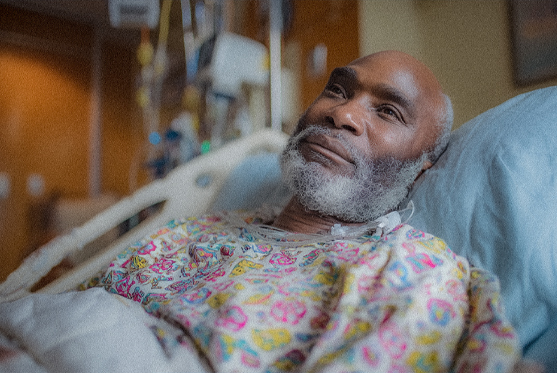



Living with chronic pain can be exhausting — not just physically, but emotionally and mentally. One of the most common and frustrating challenges for people managing chronic pain is poor sleep. In individuals with pain, sleep disturbances have been suggested to increase suffering, perception of pain, and to negatively affect long-term prognosis. In fact, research has shown that sleep initiation and maintenance are most affected in those with chronic pain. Clinically diagnosed sleep disorders are very prevalent in patients with chronic pain.
Sleep problems should always be assessed and then treated in conjunction with chronic pain. At Comprehensive Pain Solutions of New Jersey, we understand that treating pain isn’t just about managing physical symptoms — it’s also about improving sleep, function, and quality of life. Let’s explore how sleep and chronic pain are connected and what you can do to break the cycle.
Chronic pain conditions — such as fibromyalgia, arthritis, neuropathy, or back pain — commonly disrupt sleep patterns. Pain signals make it harder to fall asleep or stay asleep, and sleep becomes lighter and less restorative. Poor sleep can also worsen your perception of pain. Clearly, the pain-sleep relationship is a bidirectional one: pain can disrupt sleep, and short or disturbed sleep in turn lowers pain thresholds and increases spontaneous pain.
The exact mechanisms underpinning the relationship between chronic pain and disturbed sleep are unclear but likely involve multiple contributors. Both chronic pain and sleep disturbances are also associated with a variety of brain-based changes, including atypical levels of brain-wave activity (e.g. increased limbic activity), structural (e.g. hippocampal atrophy) and dopaminergic changes, and decreased neurotropic factors (which regulate neuronal survival and growth). Chronic pain is additionally associated with alterations to the brain's inflammatory responses, which are critical for sleep-wake regulation. On a psychological level, depression and emotional responses to chronic pain and pain-related cognitions prior to sleeping may contribute to sleep disturbances in those with chronic pain.
Medications to help with poor sleep are also available and span a variety of drug classes. Adjustments of dosage and timing of pharmacological treatments for both pain and sleep can also be considered in patients in order to keep associated sleep-disturbing effects at a minimum, thereby preventing or reducing the pain-augmenting effect of sleep disturbances. Speaking with your primary care and/or pain management providers about these medications is important to effectively treat sleep disturbances in chronic pain.


If you struggle with chronic pain and ongoing sleep disturbances, it’s important to seek support. At Comprehensive Pain Solutions of New Jersey, we recognize the vital role of sleep in effective pain management. We believe that sleep problems should always be assessed and then treated in conjunction with chronic pain. Let’s explore how sleep and chronic pain are connected and what you can do to break the cycle.
Contact Comprehensive Pain Solutions of New Jersey To Schedule An Appointment.
(855) 830-0999
(856) 334-9602
P.O. Box 4160, Cherry Hill NJ 08034